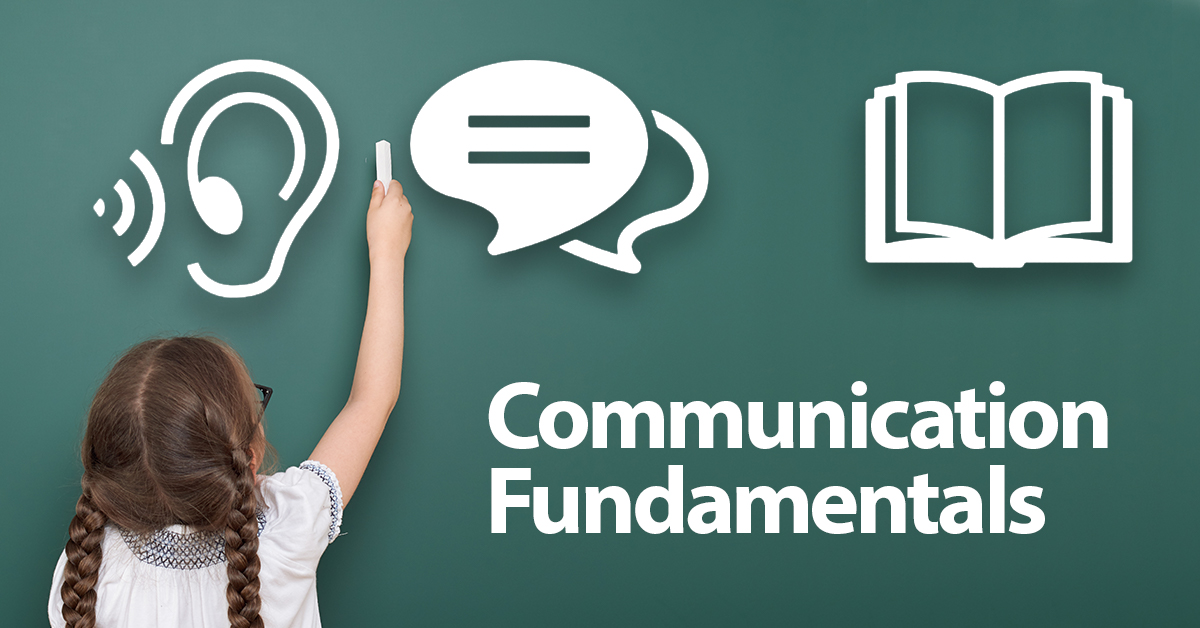By Theresa Sullivan, B.S, A.A.S
May is “Better Hearing and Speech Month,” and we at SGW know how fundamental speech and hearing functioning are to a student’s ability to learn. Public schools are required to provide a wide range of supports, services, and even equipment to students who present with a qualifying impairment. Each student is unique and, far too often, students go without the support necessary for them to progress commensurate with their potential.
When a child is struggling in school, he or she must be evaluated for possible speech, language, and auditory impairments. Children may express wants and needs verbally; however, they may lack higher-order language and pragmatic language skills necessary to keep up with peers, make and maintain friendships, and benefit from their educational program. Further, a child who hears within normal limits does not necessarily process auditory signals appropriately, thus the student will fall behind peers who have auditory processing within normal limits.
When a student presents with auditory, speech, or language impairment, both remediation techniques and accommodations may be required. Students may be entitled to the use of adaptive equipment, treatment therapies, and specific methods of instruction as well as in-the-classroom considerations. These can range from preferential seating and repetition of instructions to speech-to-text software, sign language instruction for family members, counseling, or multisensory instruction. A child does not have to be failing in school in order to qualify for services. If a child is using areas of strength to compromise for areas of deficit, the child may ultimately become frustrated and school-avoidant.
Prior to joining SGW, attorney Lenore Boyarin worked in the NYC public school system as a speech and language therapist. “I am surprised that NJ public schools continue to look at articulation as the primary reason for speech and language therapy. Few children articulate so poorly that they are unintelligible; however, guiding a child through strategies which could assist them to compensate for processing weaknesses, and language enriched educational environments, could achieve an IEP which would confer meaningful educational benefit.”
Our attorneys are available to answer your questions about whether the supports and services provided to your child meet legal criteria.


